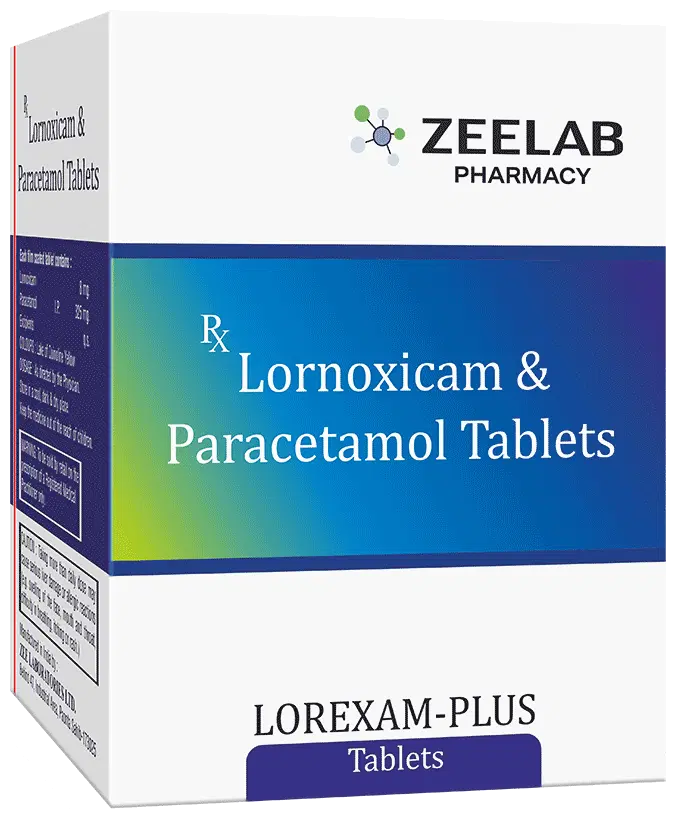Moderate to severe pain
Moderate to severe pain, often referred to as acute pain or chronic pain, can significantly affect a person’s quality of life, interfering with daily activities, and emotional well-being. Pain medications are essential in managing and relieving these painful sensations, enabling patients to resume their daily activities and improve their overall health. There are various classes of pain medications, each designed to address specific types of pain, pain severity, and duration.
Over-the-counter (OTC) pain relievers, such as ibuprofen and acetaminophen, are typically used for mild to moderate pain and are suitable for short-term use. These medications work by inhibiting the production of prostaglandins, which are chemicals released by the body during inflammation that can cause pain and fever.
Nonsteroidal anti-inflammatory drugs (NSAIDs), such as naproxen, aspirin, and ibuprofen, are another option for short-term relief of mild to moderate pain and inflammation. NSAIDs not only inhibit prostaglandin production but also have an additional anti-inflammatory effect.
For more severe or chronic pain, prescription medications, including opioids, are recommended. Opioids, such as morphine, oxycodone, and hydrocodone, work by binding to opioid receptors in the brain and spinal cord to decrease the transmission of pain signals. Due to their potential for addiction, dependence, and abuse, opioids are generally reserved for short-term use and only when other analgesics have proven ineffective.
Alternative pain treatments, such as acupuncture and topical analgesics, are also available for individuals seeking non-pharmacological approaches to pain management. Always consult with a healthcare professional to determine the best course of action for managing your pain.
Follow the prescription and usage guidelines provided by a healthcare professional to ensure the safe and effective use of pain medications. If you are unsure about which medication or treatment option is appropriate for your specific needs, please consult with a healthcare professional for personalized guidance.

Showing the single result
Showing the single result


